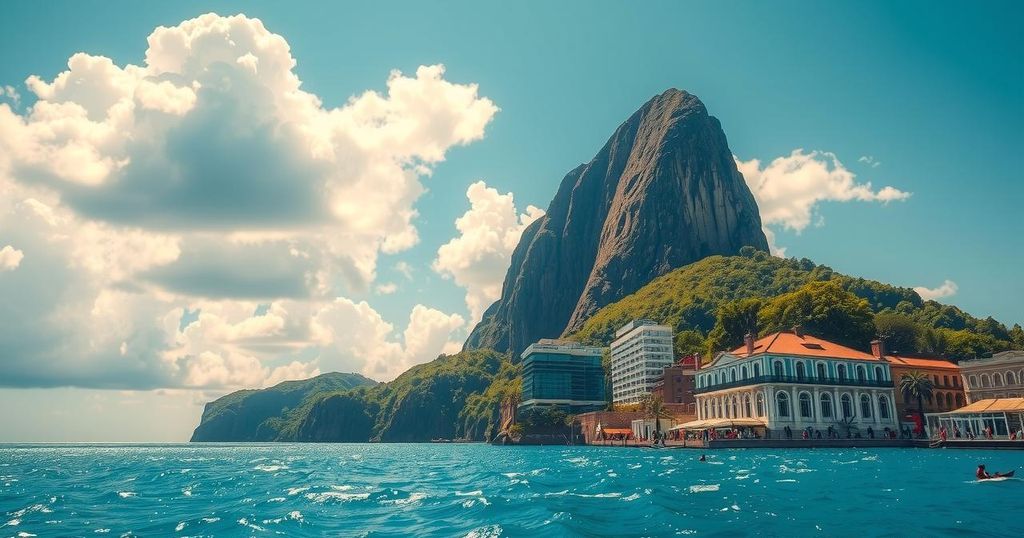Trump’s Tariff on Brazil Raises Concerns Over Trade and Free Speech Issues

- Trump announced a 50% tariff on Brazilian imports amid Bolsonaro’s trial.
- The tariffs reflect Trump’s defense of Bolsonaro against a ‘witch hunt.’
- Political pressures and lobbying influence US-Brazil diplomatic relations.
- Lula indicates Brazil’s willingness to respond despite potential escalation.
- Concerns about free speech regulations in Brazil exacerbate tensions.
Trump’s Tariff Decision: Non-Trade Motivations Underlying Action
US President Donald Trump has stirred controversy by announcing a hefty 50 percent tariff on Brazilian imports. This abrupt move comes as he criticized Brazil’s leftist leadership, particularly focusing on the ongoing trial of former Brazilian President Jair Bolsonaro, who Trump defends as a victim of political persecution. Trump’s ire is not typically directed at countries like Brazil with which the US shares a positive trade balance, but analysts suggest that this is not merely an economic matter; rather, it reflects ideological alignments and friendships forged in political convenience.
Political Pressures and Implications for Bilateral Relations
The trial of Bolsonaro is becoming a focal point in US-Brazil relations, as Republican lawmakers in the United States have pressured the White House to intervene. Brazil’s political landscape is fraught with tension, with Eduardo Bolsonaro, the former president’s son, now lobbying in the US for support against what he characterizes as judicial overreach in his father’s case. Lula, responding to these developments, has sought to navigate the situation with caution while attributing the tensions to Eduardo’s actions, hinting at potential investigations into any obstruction of justice stemming from US lobbying efforts.
Free Speech Issues and BRICS Dynamics Influence Tariffs
Complicating matters further, Trump has voiced concerns about restrictions on free speech in Brazil, referencing a series of censorship orders imposed by the Brazilian Supreme Court on US media platforms. These controversies around social media regulations have fueled accusations against judges like Alexandre de Moraes of being overly authoritarian. In a broader context, Lula’s government has worked quietly behind the scenes to mitigate the fallout from Trump’s tariffs, attempting to alleviate any adverse effects while defending BRICS against accusations of being anti-Western and protecting national sovereignty.
In summary, Trump’s tariffs on Brazilian imports reflect a complex entanglement of ideological allegiance, political maneuvering, and economic implications, despite the official trade surplus favoring the United States. The ongoing trial of Bolsonaro and political lobbying by his family add layers to an already strained relationship. Brazil’s response and its efforts to maintain stability in trade and diplomatic relations will be closely watched.








